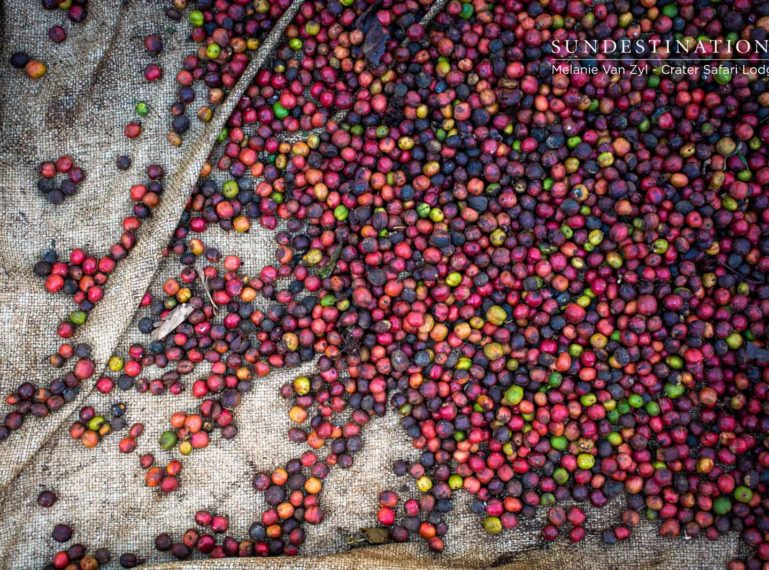
The town of Fort Portal, roughly 300km away from Uganda’s metropolis of Kampala, is surrounded by a series of curious crater lakes formed over 8000 years ago. The unusual scenery, panoramic hiking opportunities and close proximity to the chimp-trekking capital of Kibale National Park makes this a thriving tourism region.
In between trekking, walking or birdwatching the avian abundance of the Bigodi Wetland, you might notice the area’s rolling fertile farmlands. Fort Portal is the heart of Uganda’s tea-growing region, and the plantations are abundantly evident, enrobing the stepped hills in its unmistakable jade shades. However, a guided community walk highlights the smaller subsistence coffee crop that’s totally unique to this East African country. Let us introduce Robusta.
Uganda’s unique coffee crop
Just beyond the moist evergreen rain forest of Kibale National Park (located a mere seven kilometres from Crater Safari Lodge) lies the opportunity for an immersive education on Uganda’s coffee bean, from crop to cup.
First, some background. While Ethiopia is famous for being the birthplace of Arabica coffee, Uganda has its very own variety. It is known to be the birthplace of Robusta coffee, where the coffee plant naturally occurs in some of the forests. However, unlike Ethiopia that produces only Arabica coffee, Uganda is a producer and exporter of both varieties: Robusta and Arabica. Uganda is also a leading coffee producer in Africa thanks to its favourable, life-giving climate and coffee remains the country’s top-earning export too. During 2018, Uganda exported an astonishing 288000 tons of coffee.
The crater lake region (so named thanks to the volcanic activity that saw their circular creation) and Kibale forest provide the perfect growing platform for Robusta. The richly fertile land of volcanic soil and plenty of rainfall make this a place of verdant hillsides where farming is still practised using traditional methods. Fields contain diverse ranges of plantlife from bananas, mangoes, avocado, millet, yams and sweet potato. Look closely, and you’ll find that among these crops, coffee bushes flourish in between.
A coffee safari in Kibale
‘Coffee is for firming up friendship’, says my community guide Patrice Ariganyira. We meet early at The Golden Children headquarters, where a variety of tourism activities are on offer, and set off, past the roadside market and down a dirt track to learn about the craft of coffee in Uganda.
Patrice explains much more besides Uganda’s unique coffee crop. Stopping at tall matoke trees, he shares the age-old process of distilling the yellow fruits into banana gin, points out the striking plumage of the Great Blue Turaco and also tells us a little bit about tea. Thanks to British influence in Uganda, this was the beverage of choice for many years.
After soaking up the agricultural scenery, we make a stop at Regina’s home. Outside her house, a piece of beige tarp-like cloth keeps an assortment of cherry, forest-green and ebony-coloured berries from mixing with the dirt. It looks like a multicoloured carpet of skittles, but it’s a collection of harvested robusta coffee fruits drying out in the Ugandan sunshine. Settling down beside the mat, Regina then proceeds to pick some of the duller brown berries. The driest of the yield.
First, the covering of the coffee bean has to be shed. Regina expertly tosses the kernels between basket and sky blowing the coffee fruits mid-air so that the husk separates from the green bean within. She offers one to taste, but there is little to savour. That’s why the roasting comes in handy. Stirred rapidly around a pan over a hot fire, the small beans darken to the colour of charcoal, and that unmistakable aroma of java fills the little outdoor shed. Once charred, the seeds are then pounded into recognisable coffee grinds. Added to some hot water and with a bit of sugar whisked in, it’s the taste of a morning wonderfully spent.
Where to find other cups of coffee near Kibale
The Bee Hive Bar & Bistro at Bigodi is a newly opened cafe cheerfully painted in yellow and brown and serving up a particular blend. Gorilla Conservation Coffee is a social enterprise of Conservation Through Public Health, an award-winning NGO, which pays a premium price to help coffee farmers who live beside the gorillas of the Bwindi Impenetrable National Park.
Supporting the local farmers helps to defend the critically endangered gorillas and their fragile forest habitat. Currently, the Gorilla Conservation Coffee supports 500 farmers through training in sustainable coffee farming and processing.
The Bee Hive also sells honey that is harvested from hives strategically positioned on the boundary of Kibale National Park, installed to deter elephants (and the damage they can wreak on crops).
Sit down to enjoy the earthy combination of coffee and honey between excursions (The Bee Hive is conveniently located directly opposite the Bigodi Wetlands Sanctuary), and you’ll be supporting two great causes as you sip.
Otherwise, Crater Safari Lodge serves up some of the best brews with a view and overlooks the second largest crater lake in Uganda, Lake Nyinabulitwa, which translates to ‘Mother of Lakes’. Crater Safari Lodge is also within close proximity to the acclaimed chimp trekking destination of Kibale National Park.
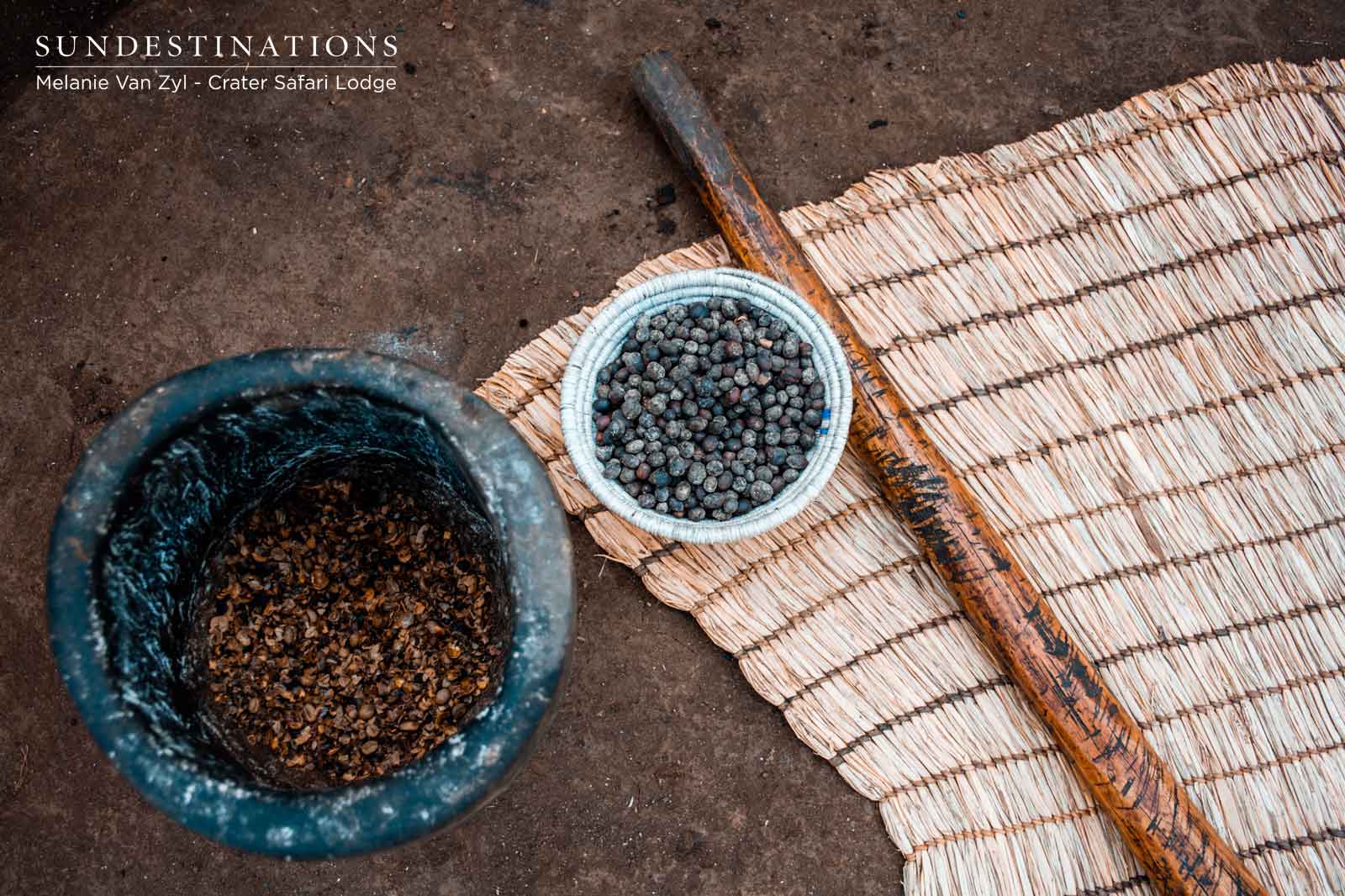
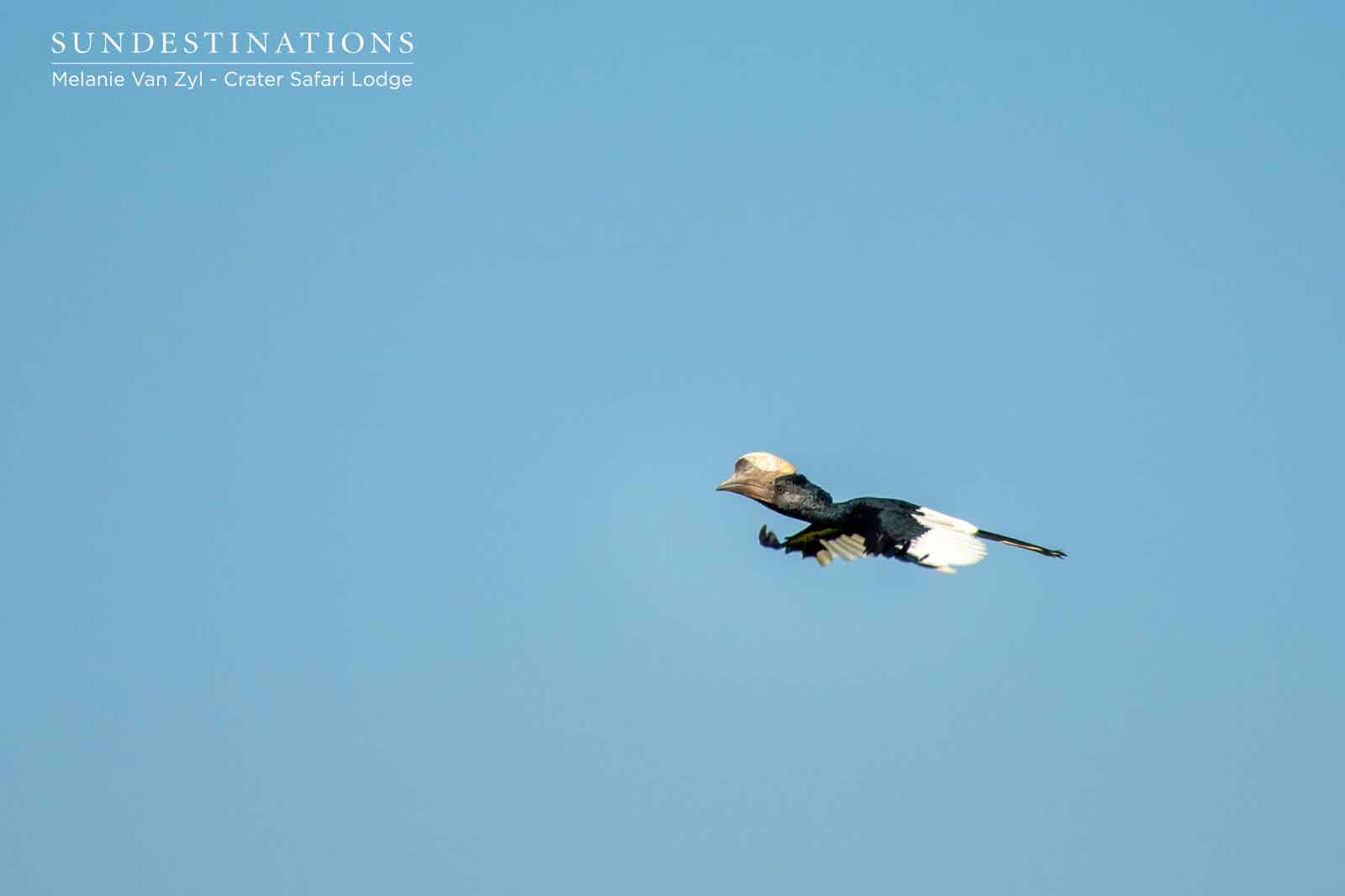
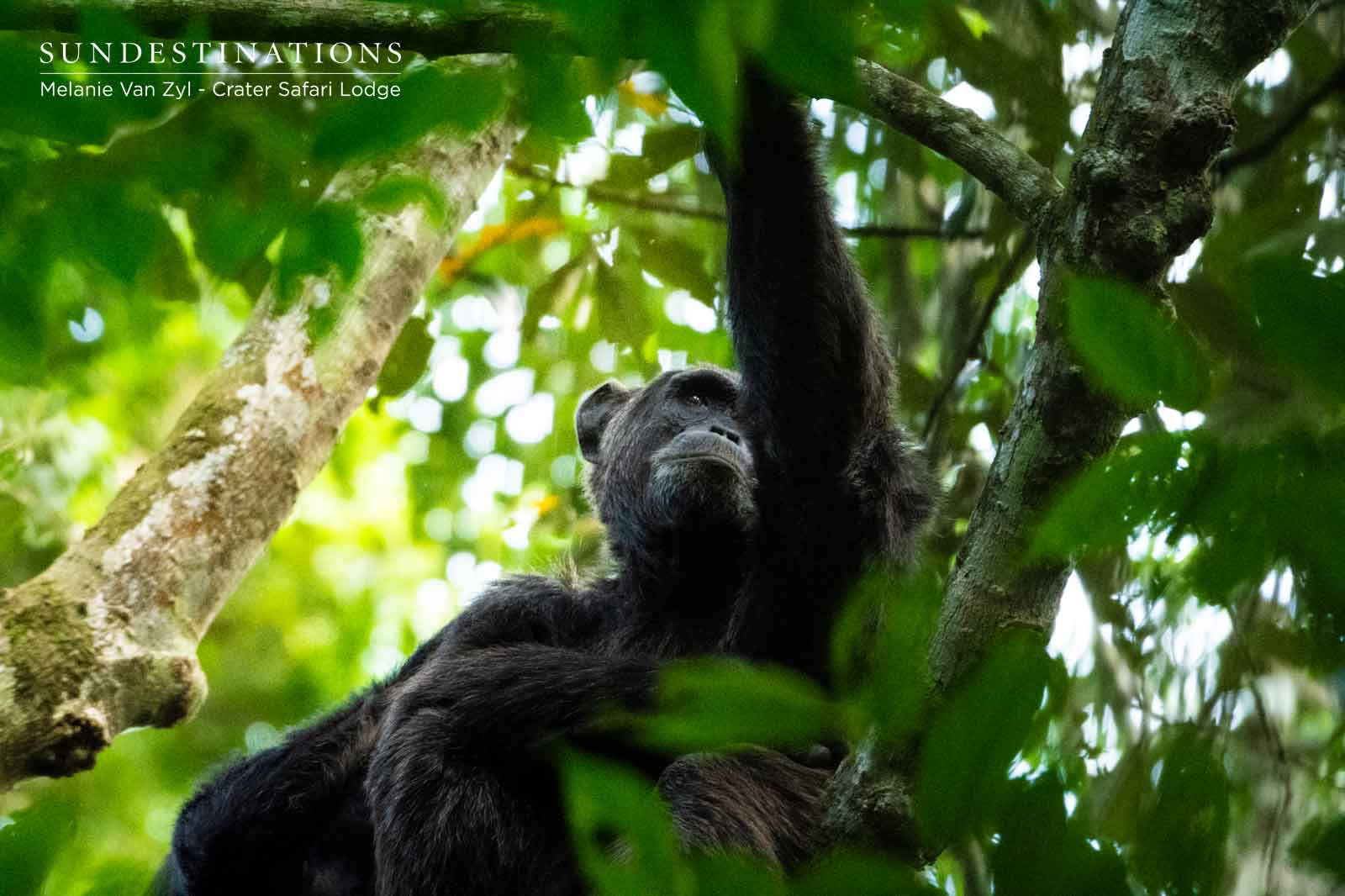
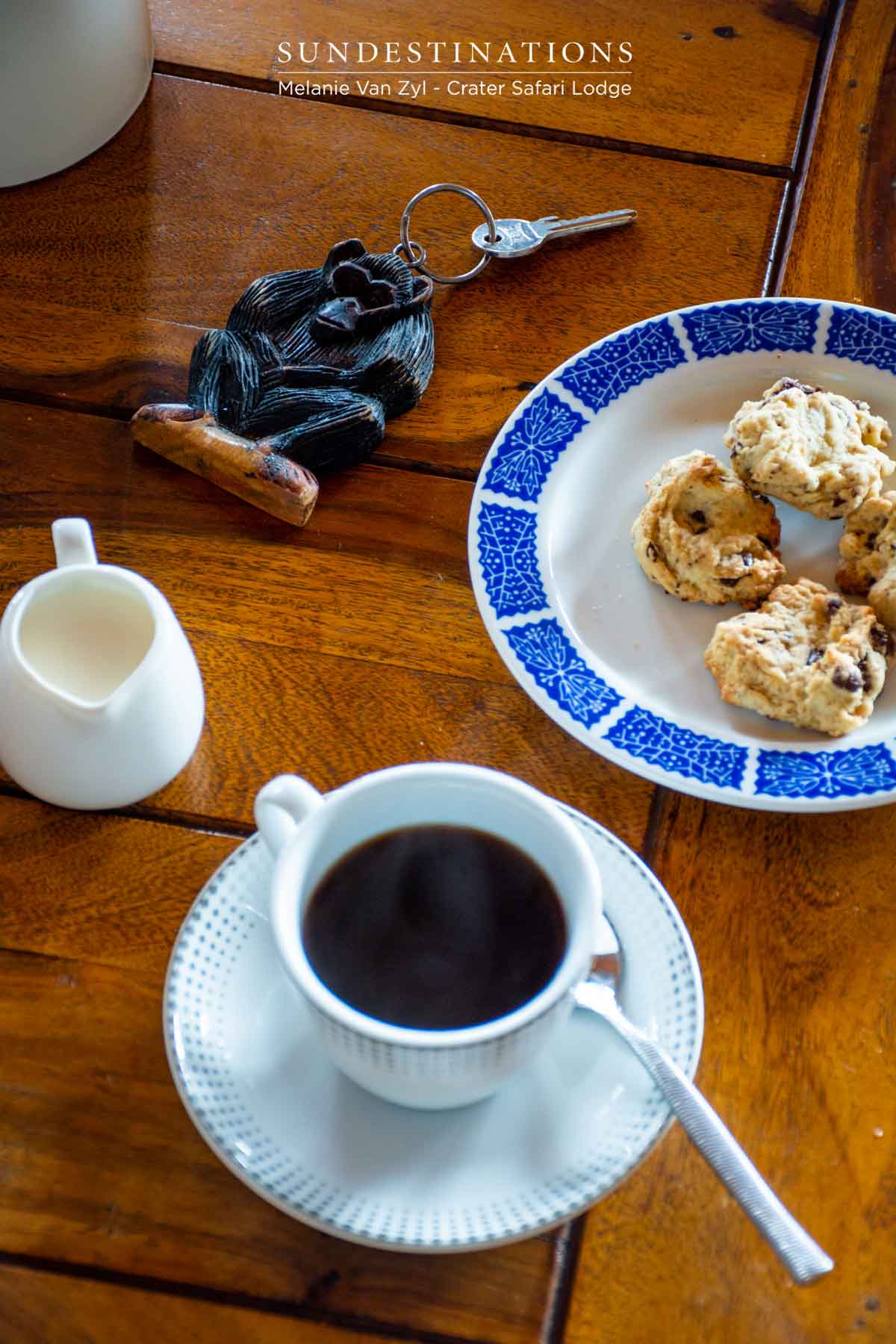
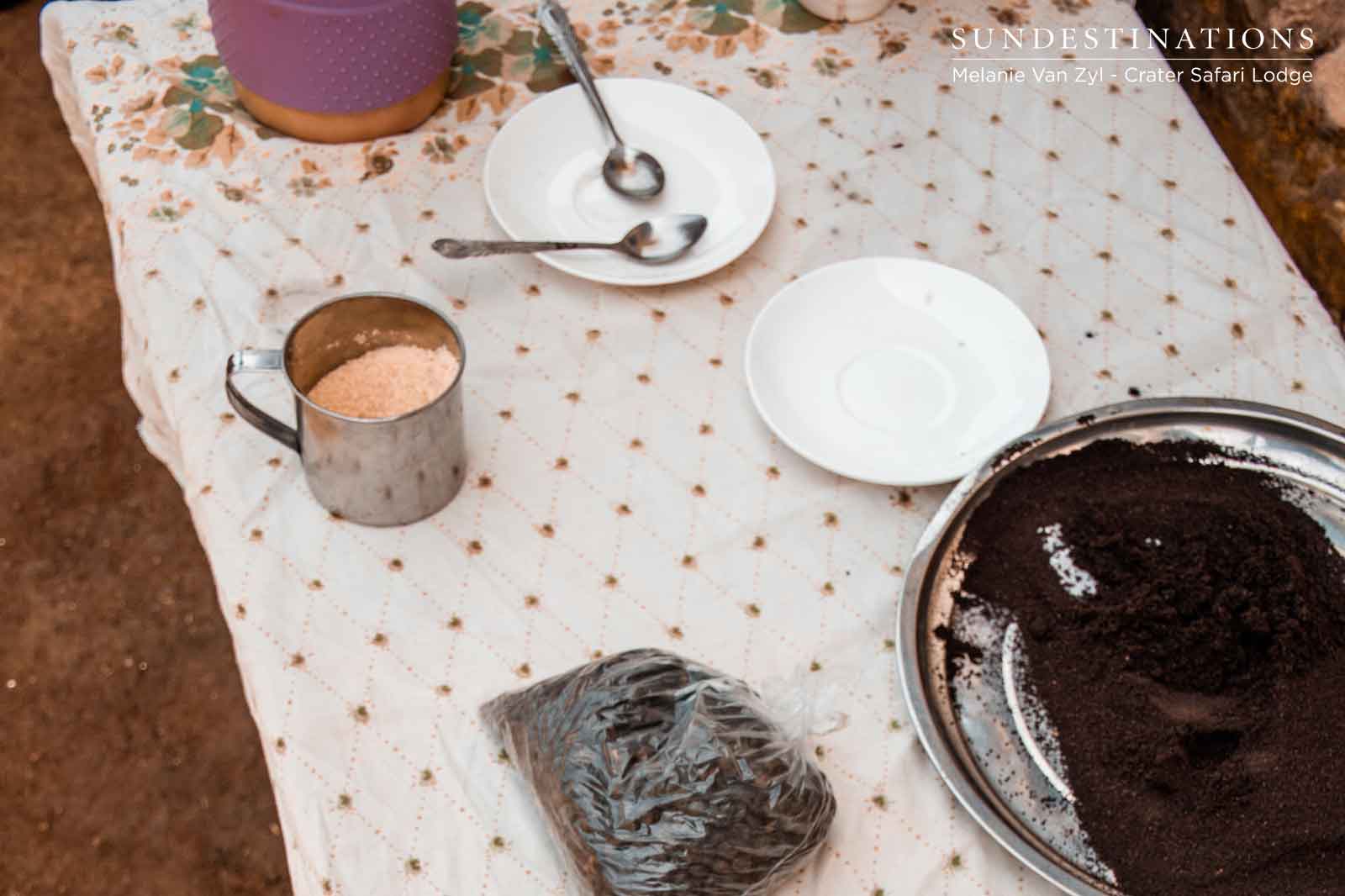
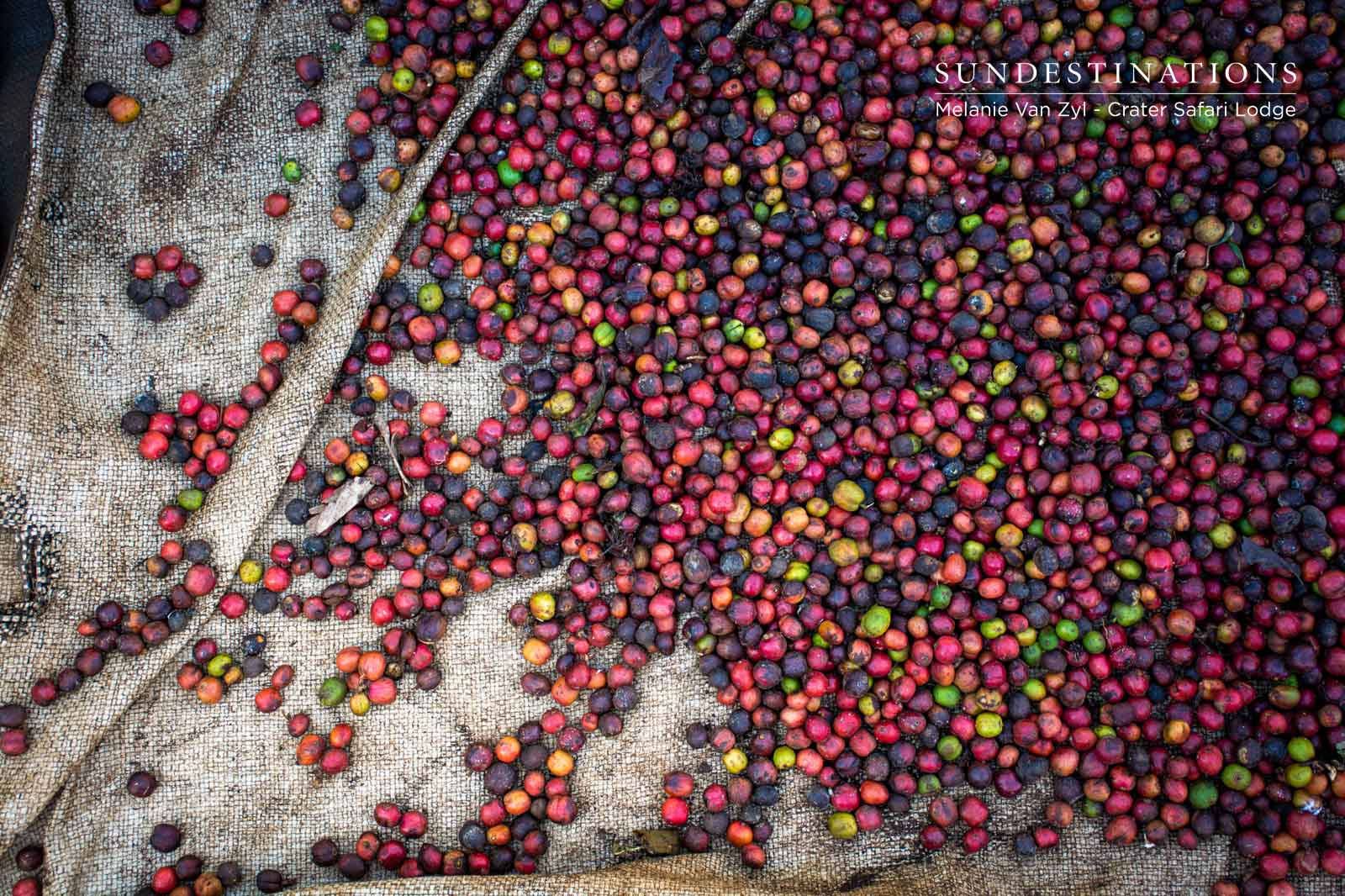
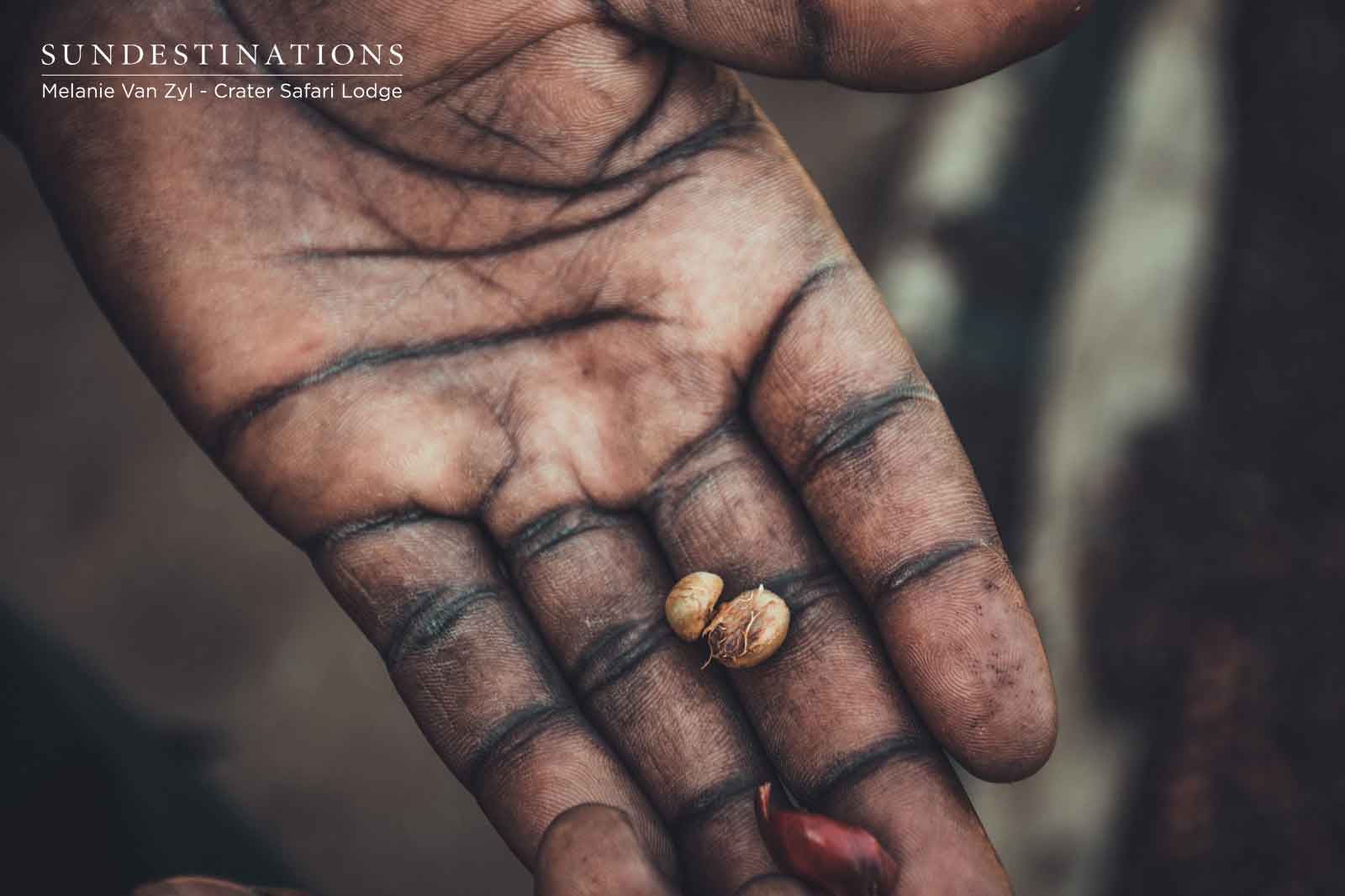
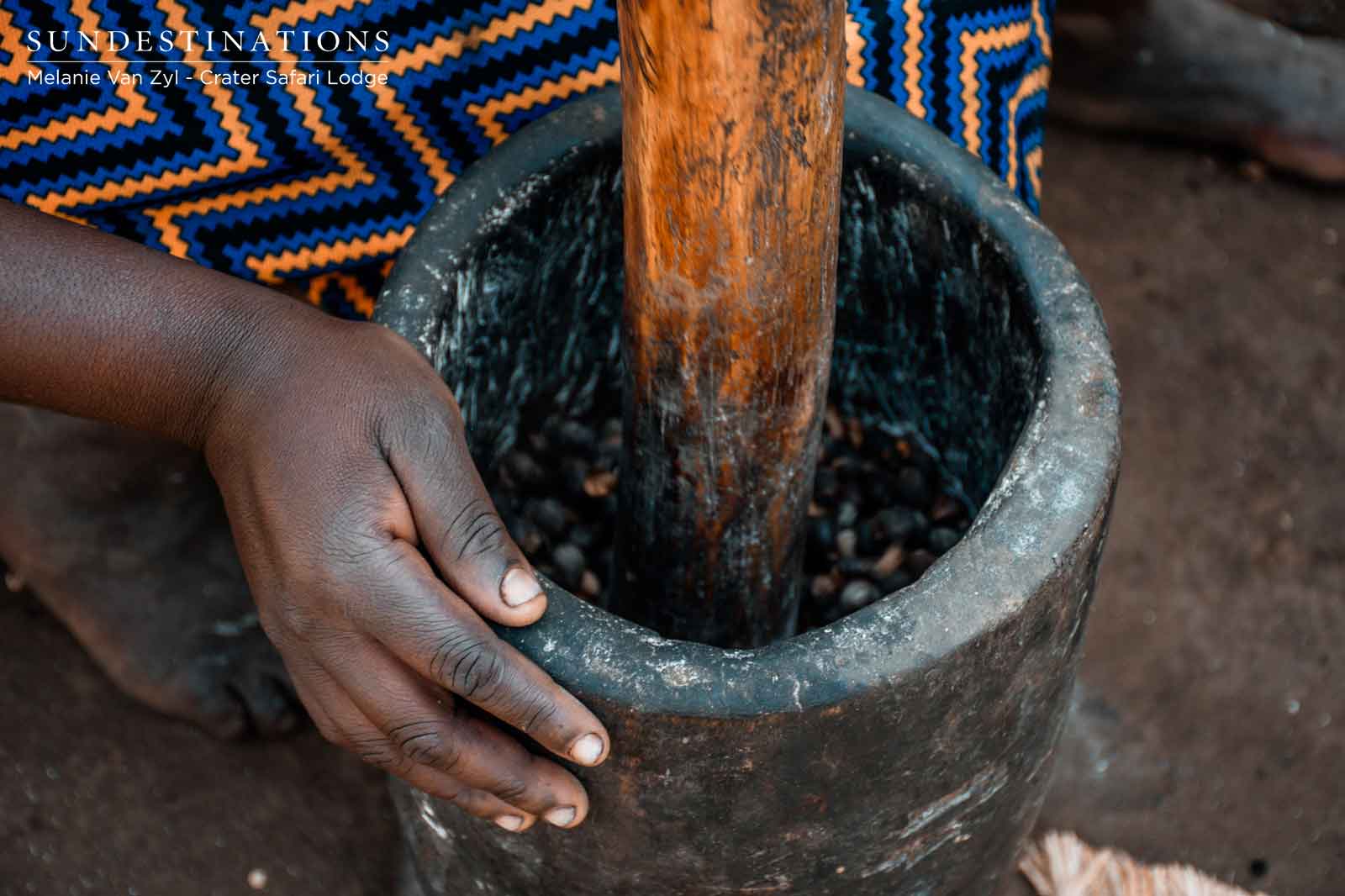
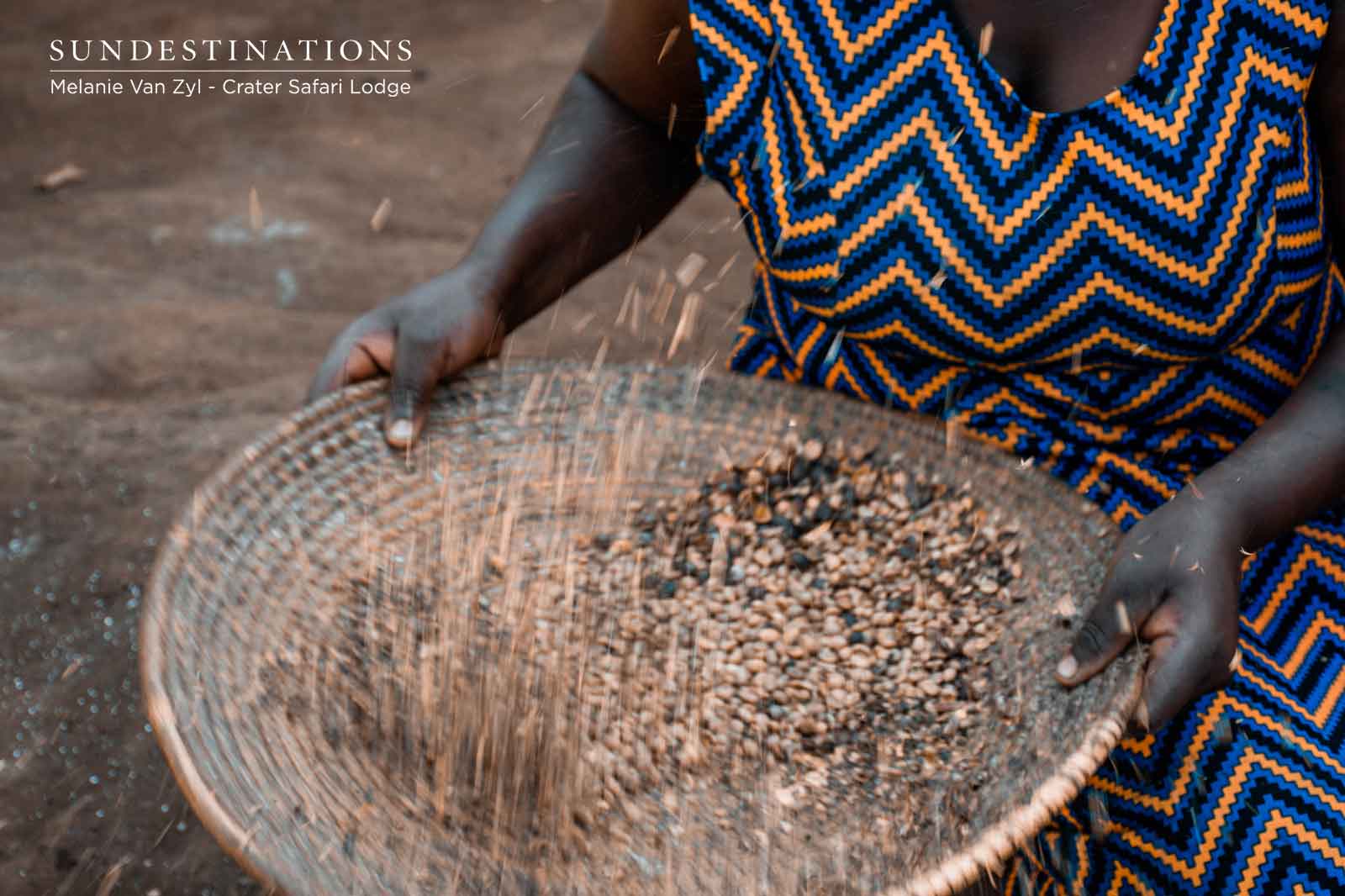
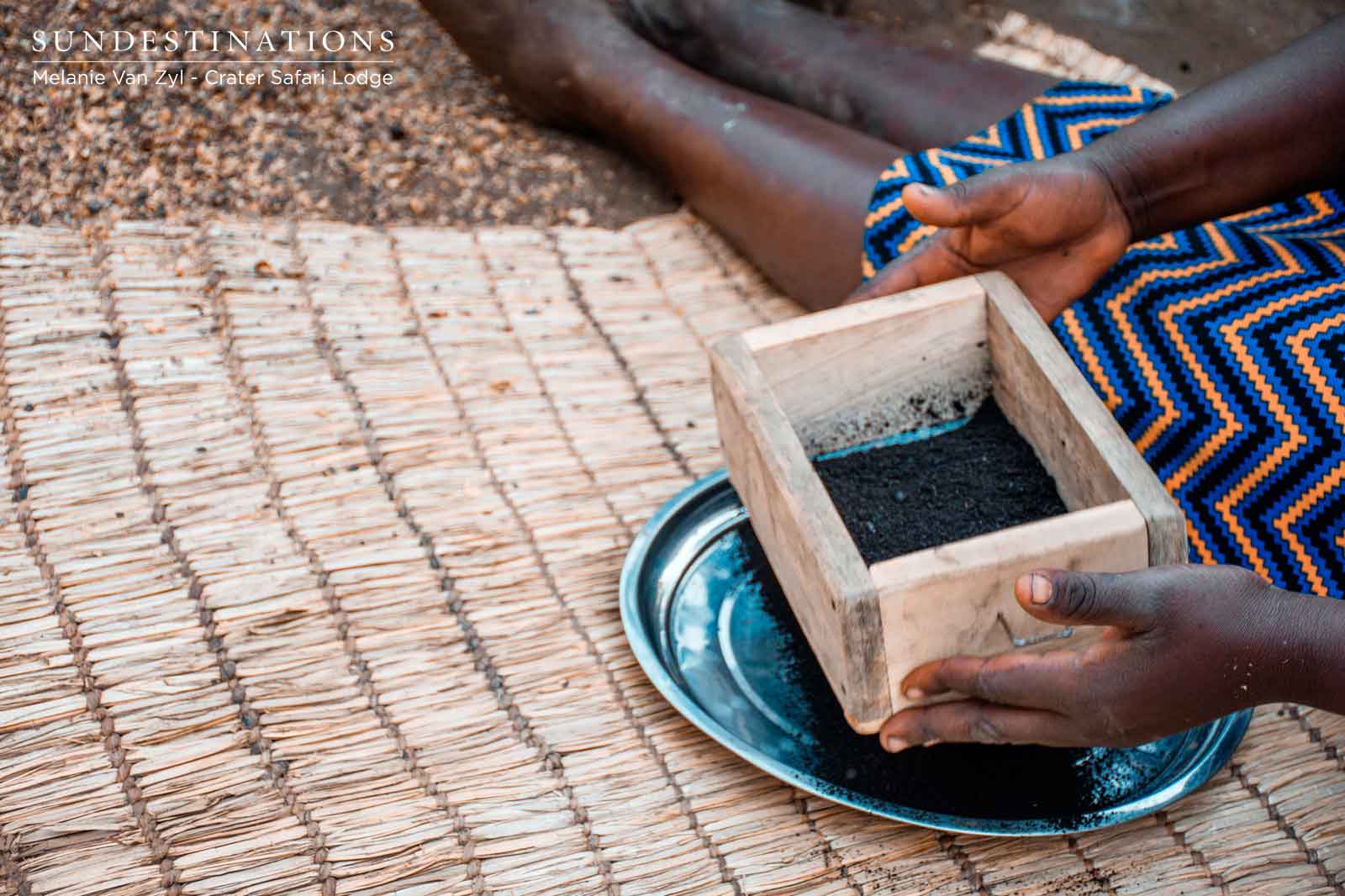
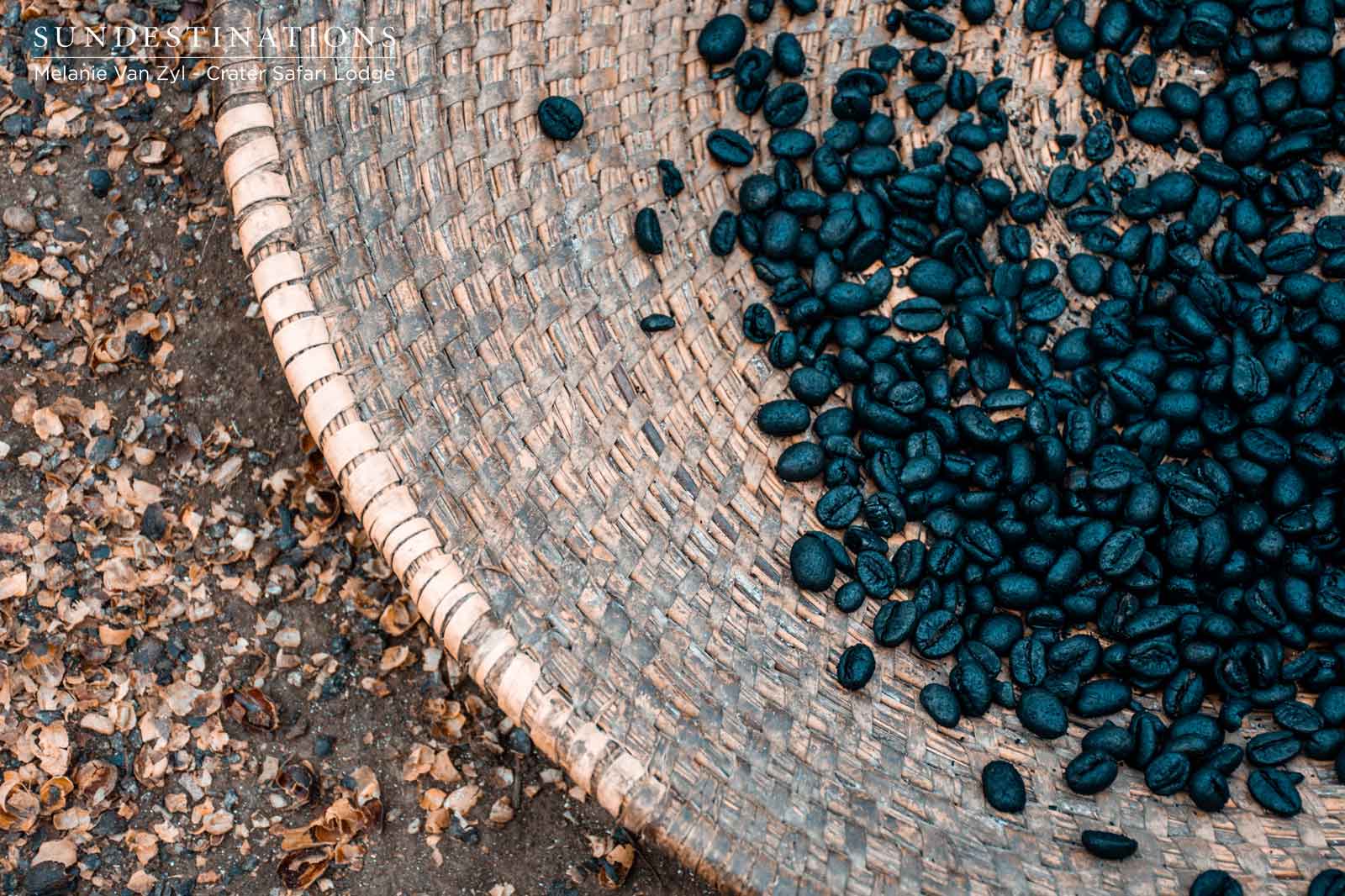
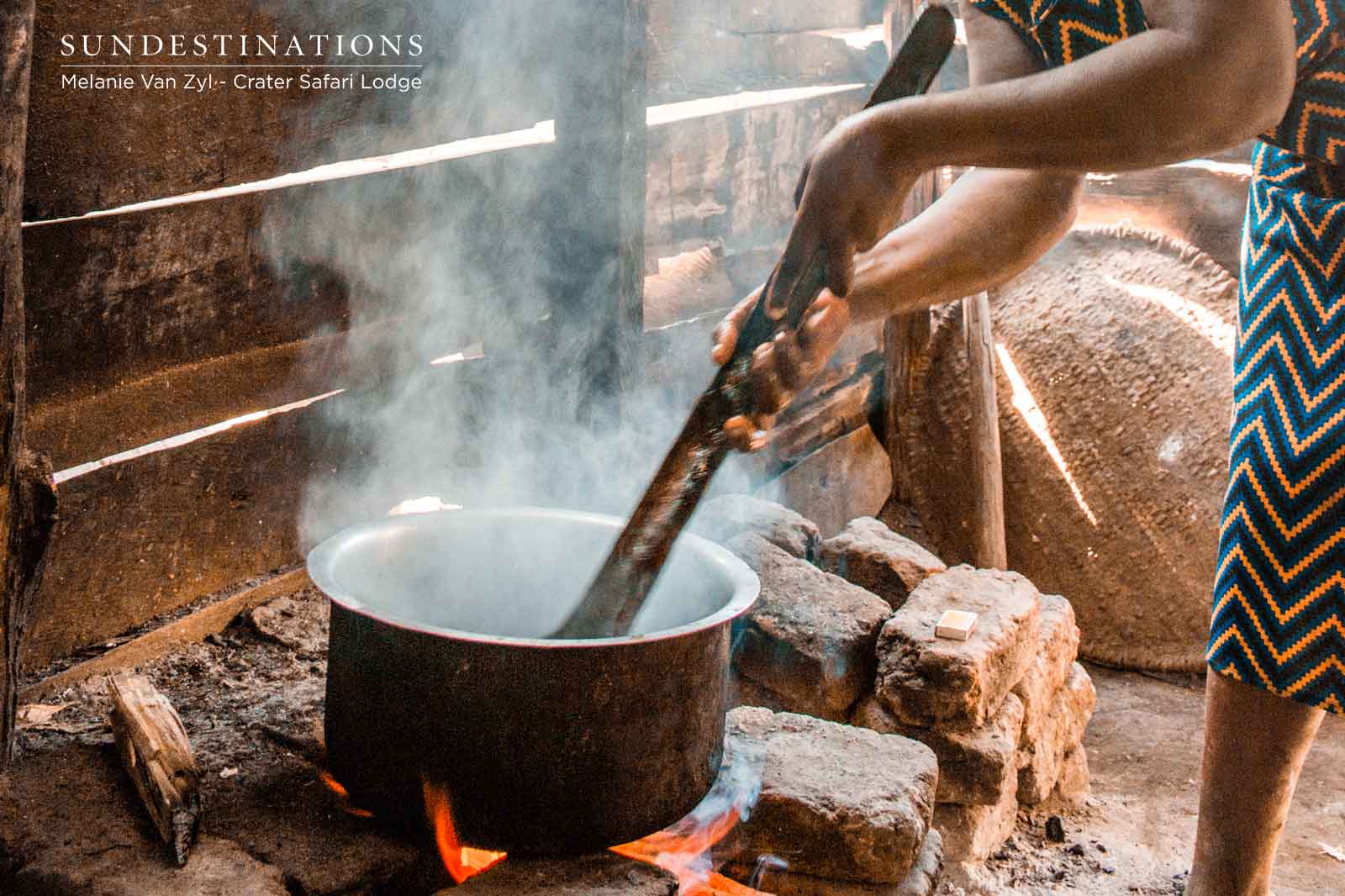
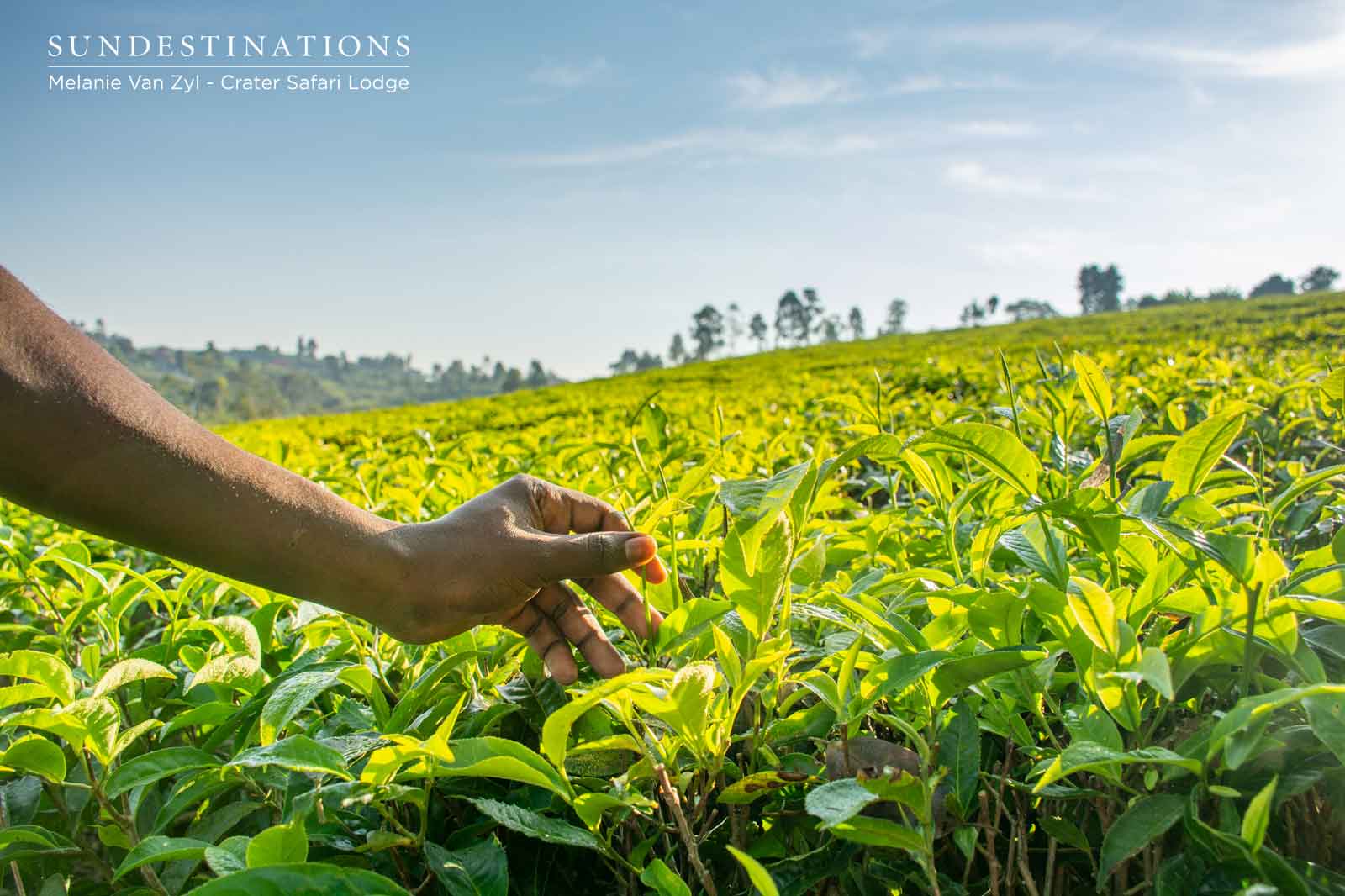
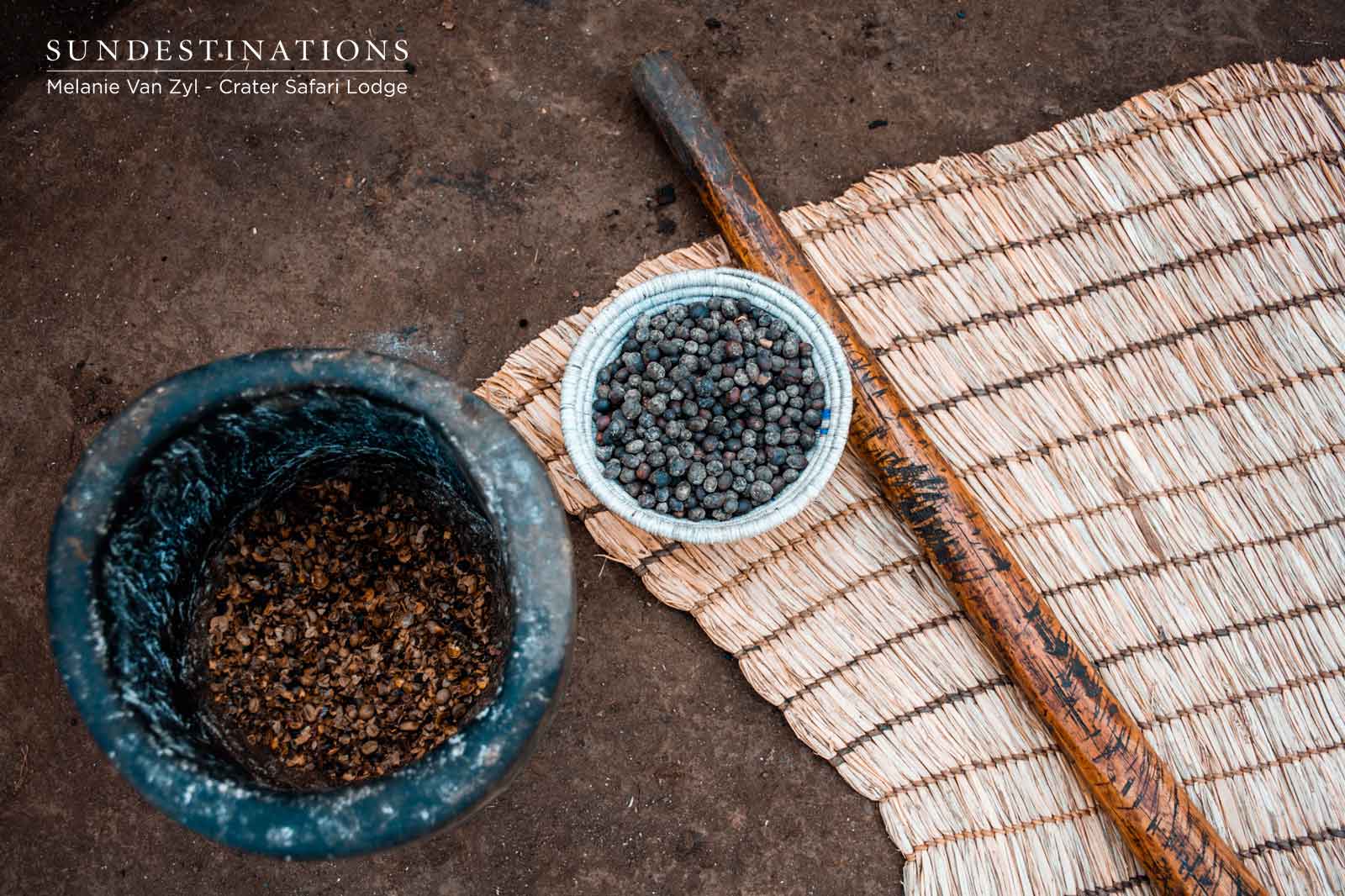
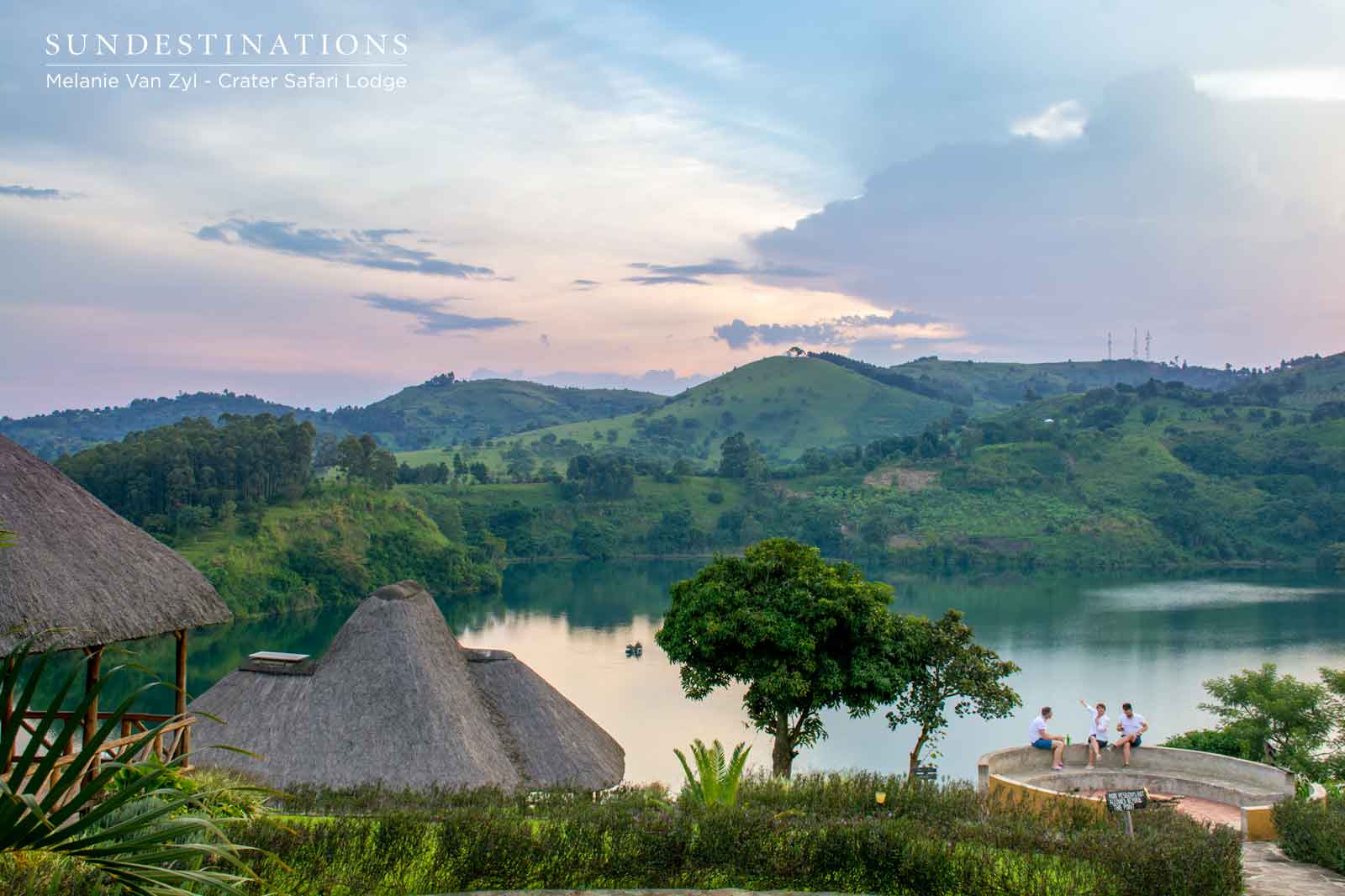
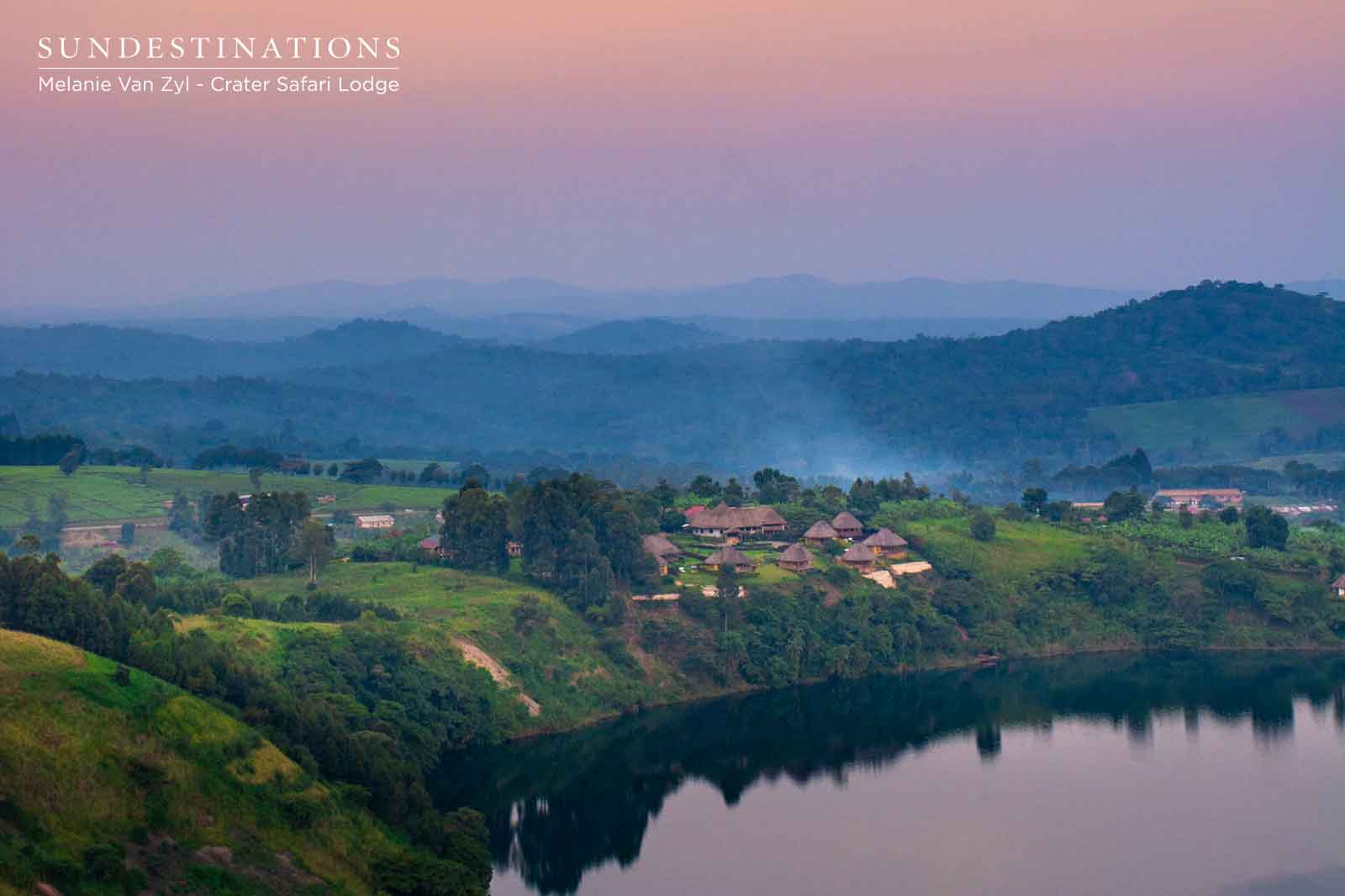
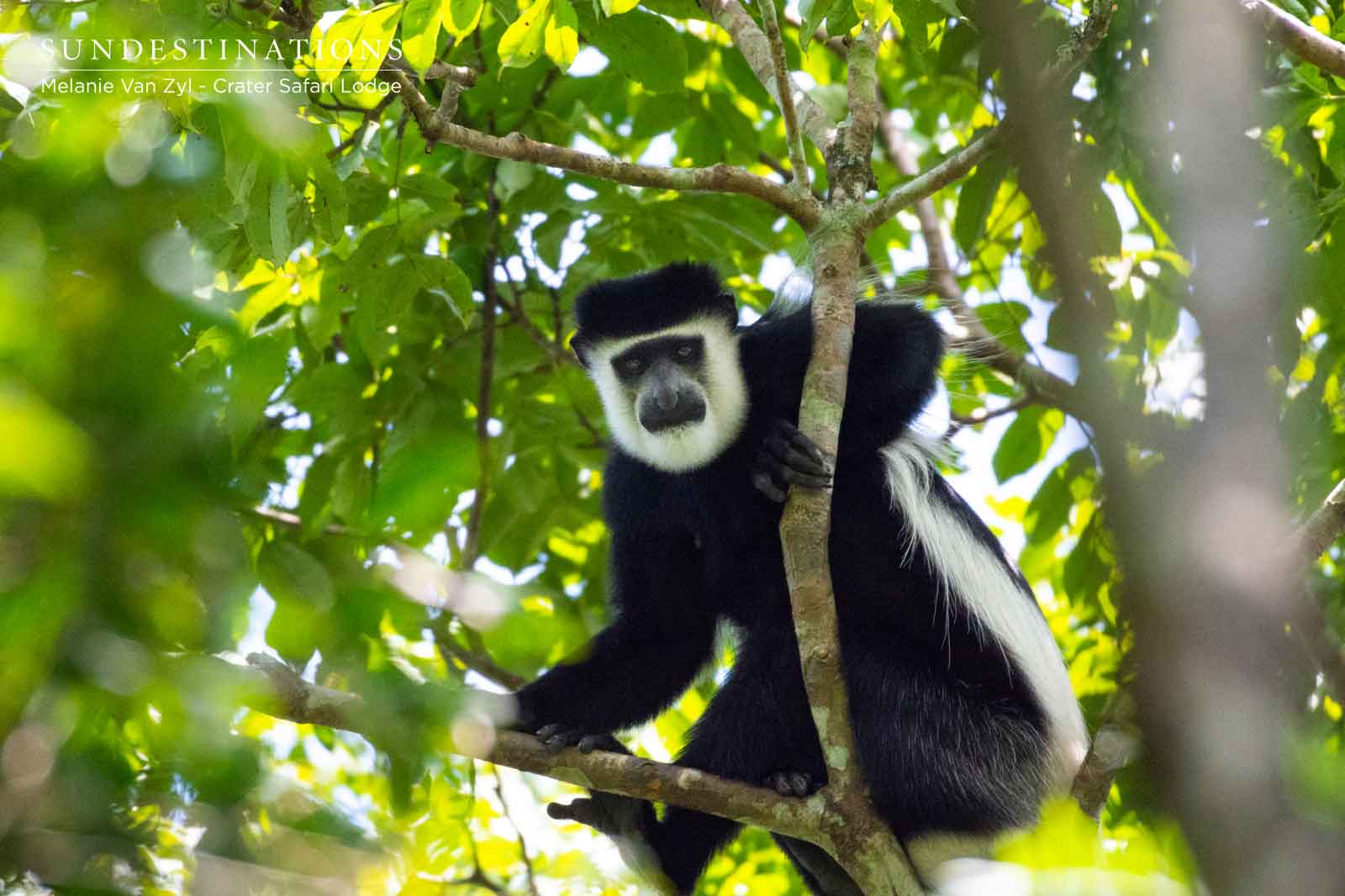
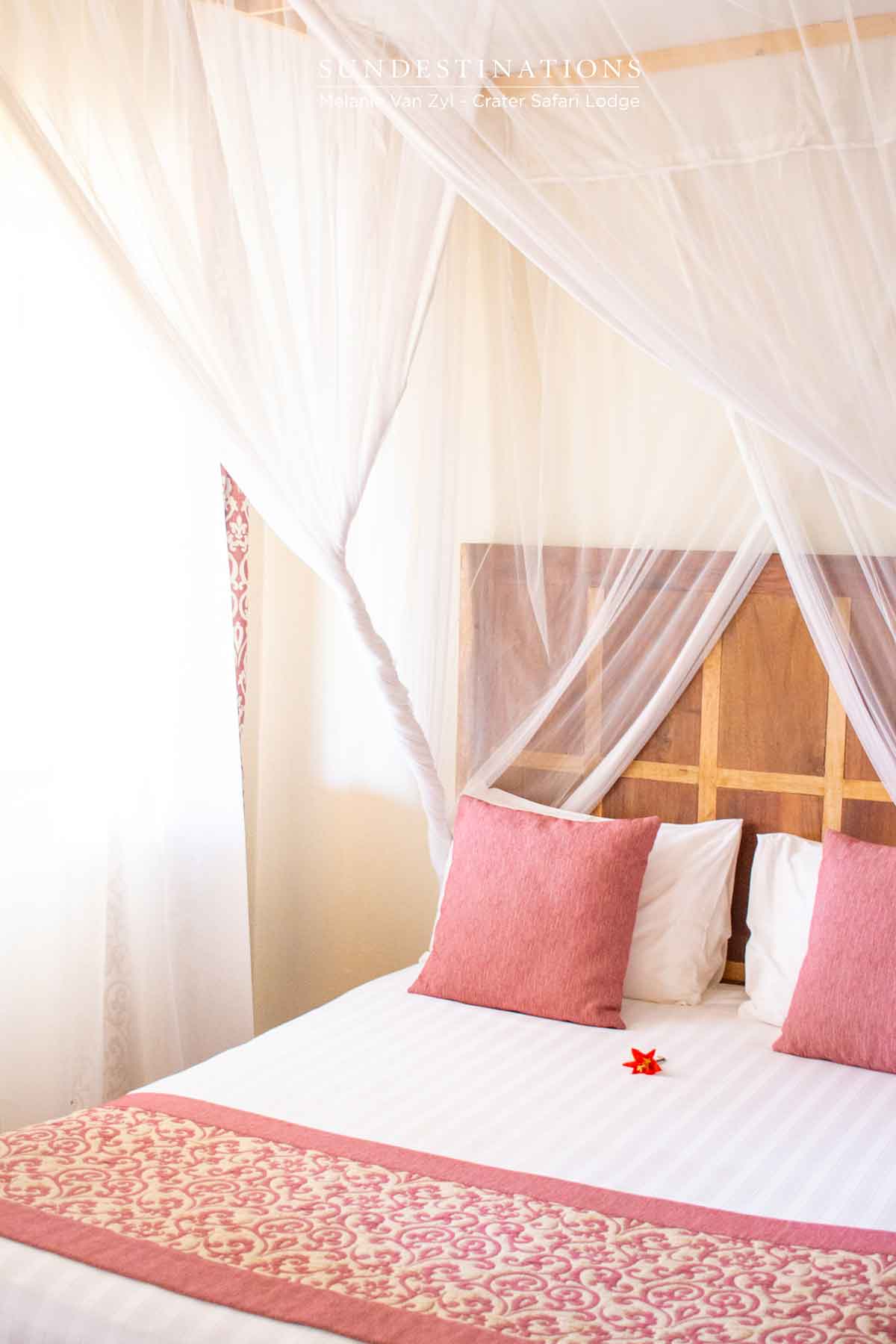
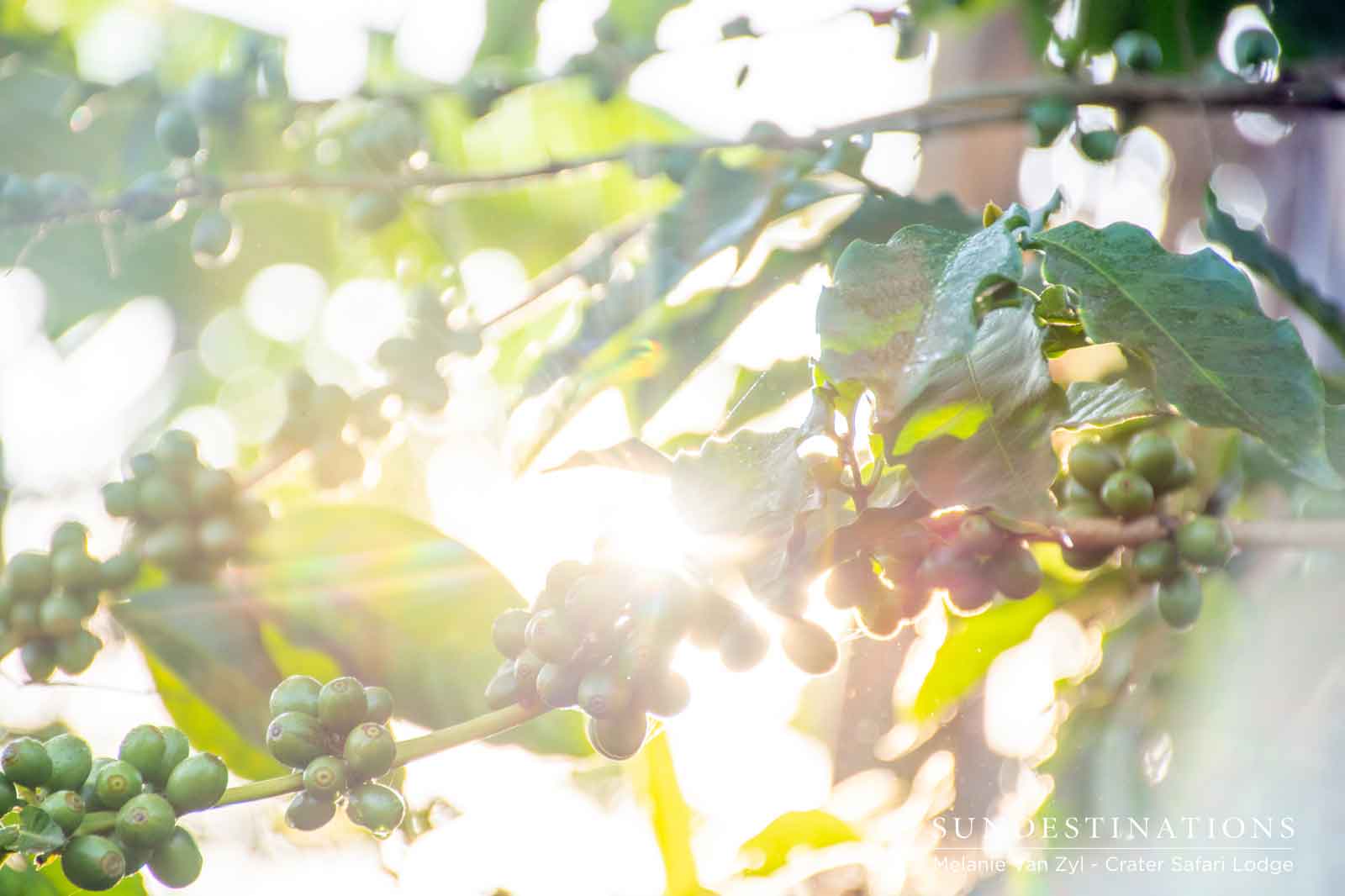
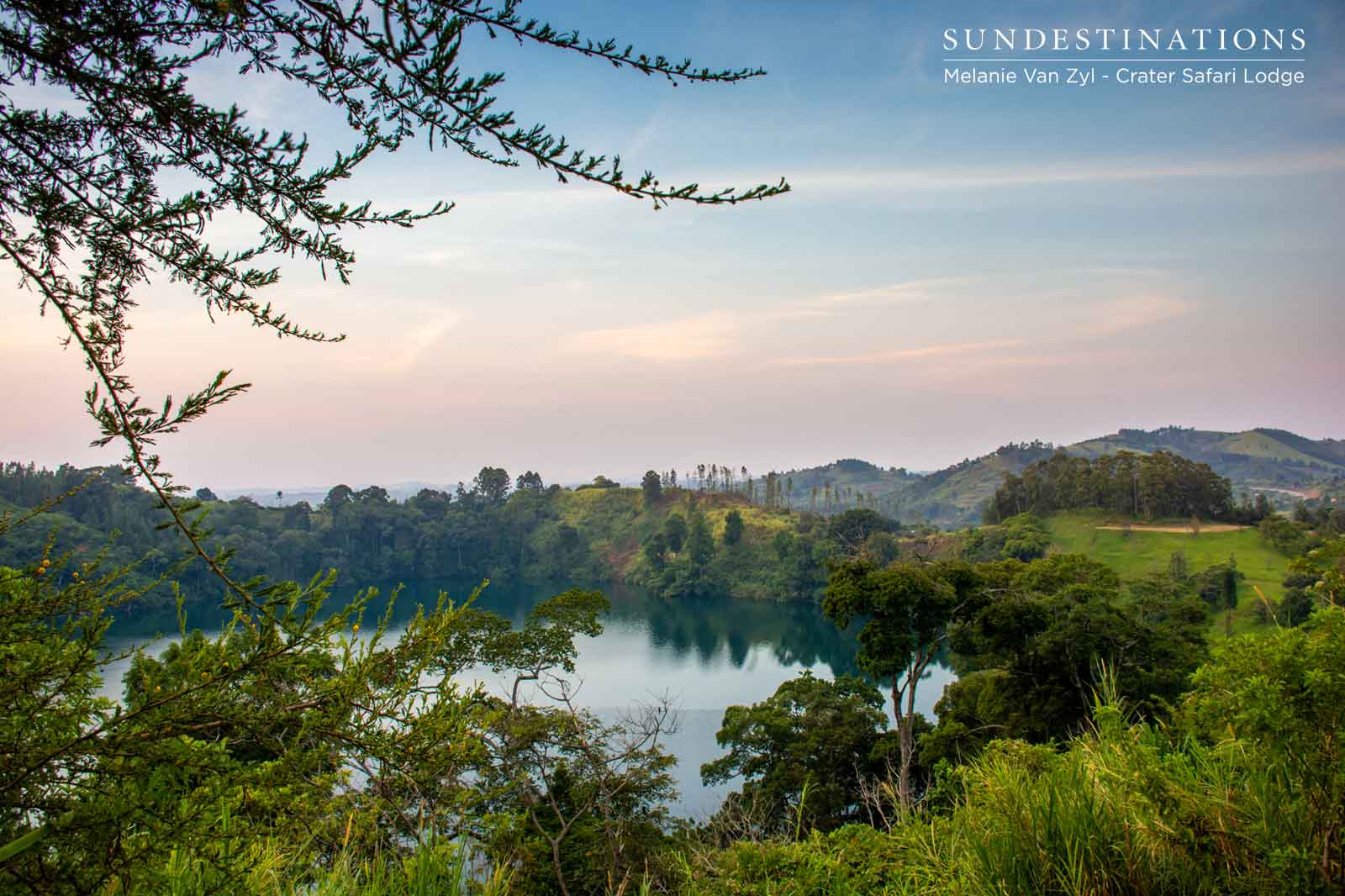
Leave a Comment